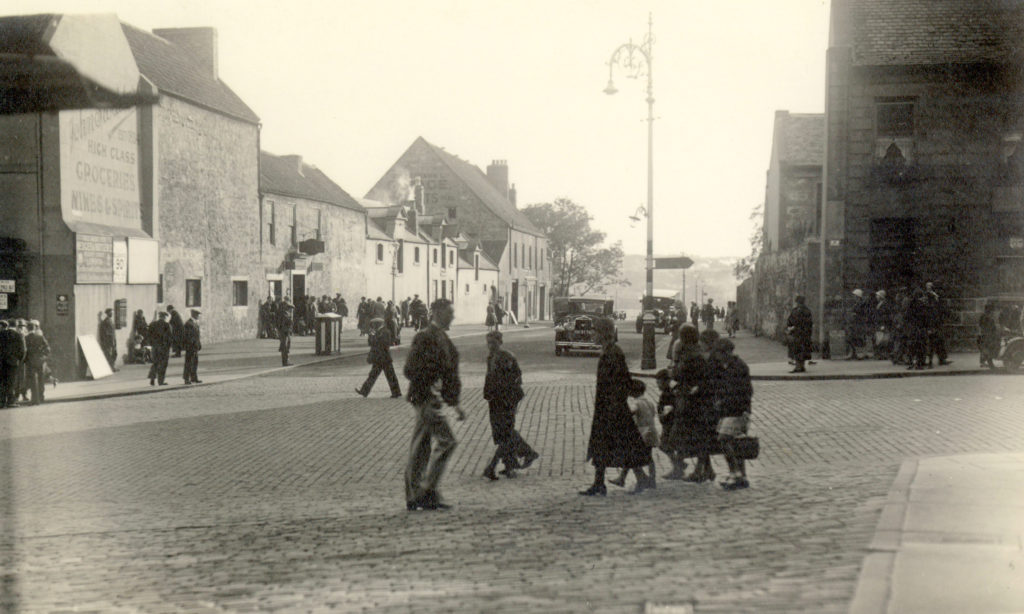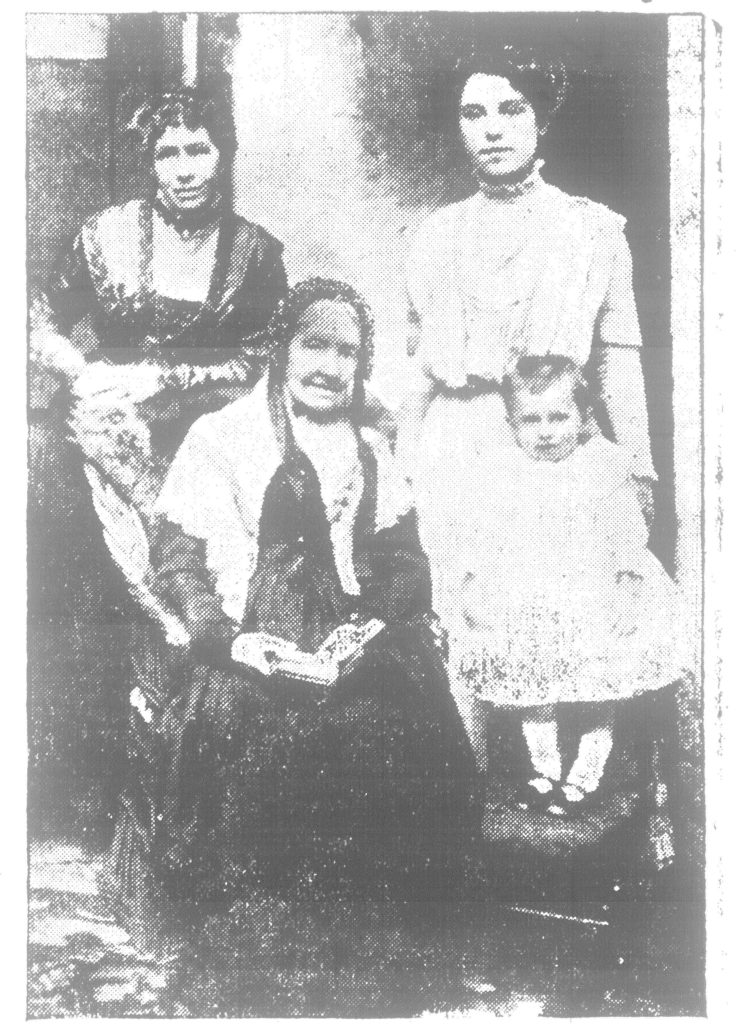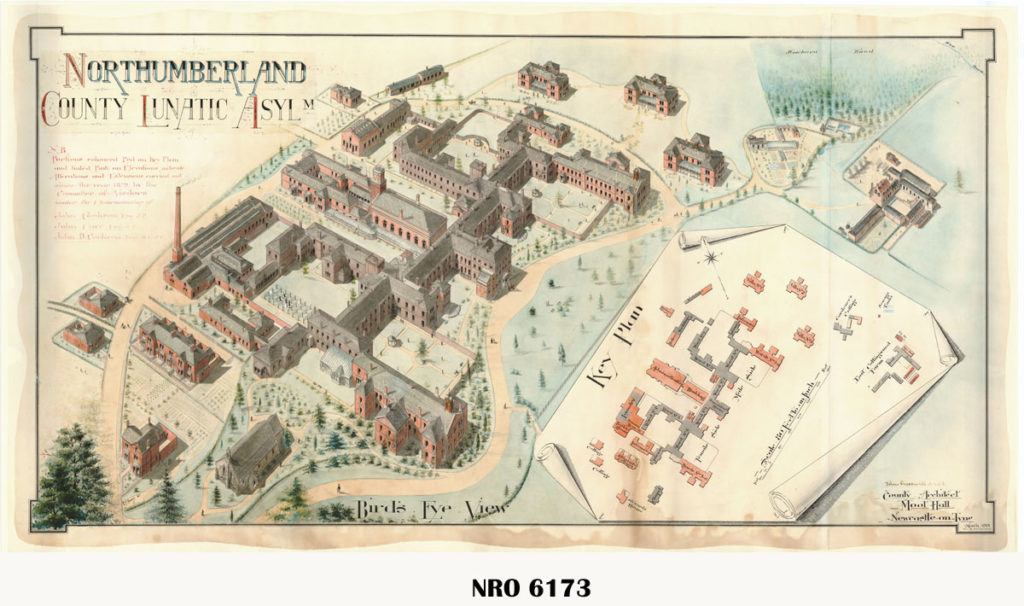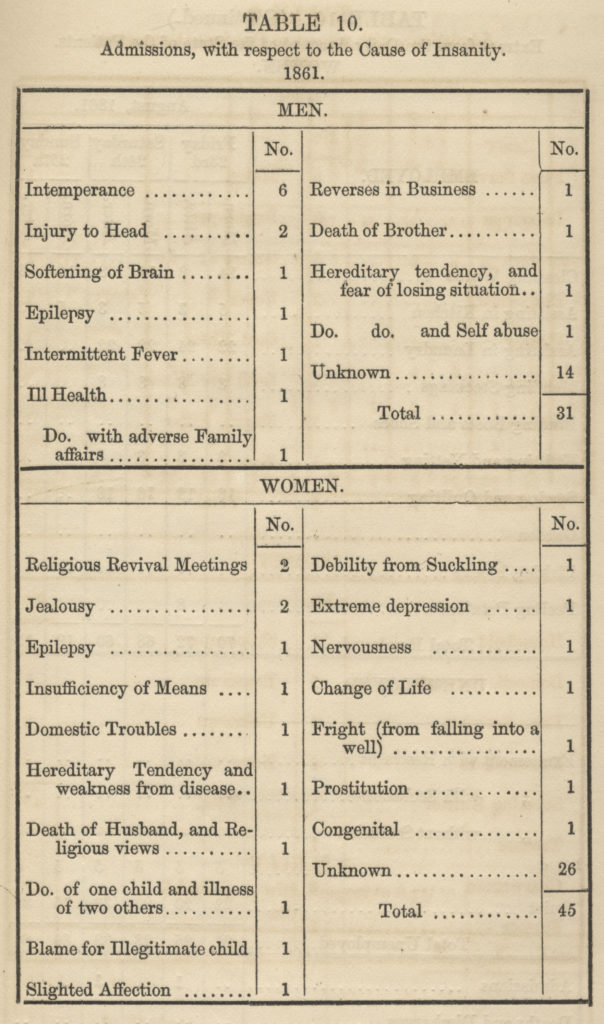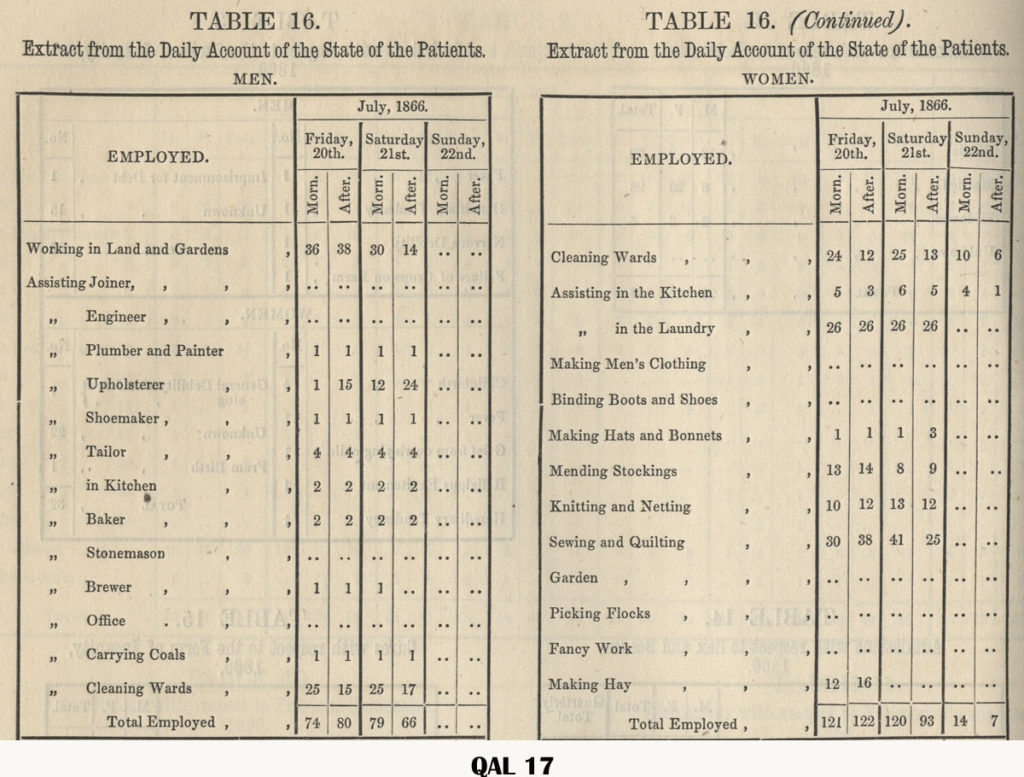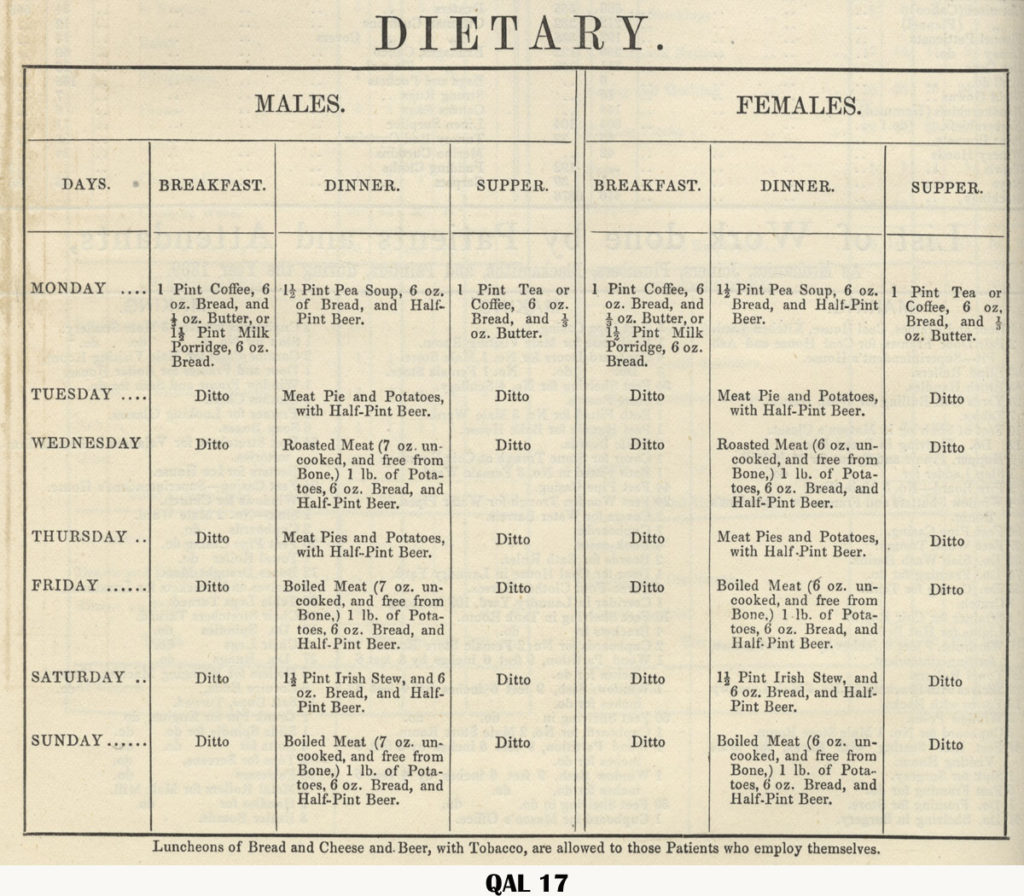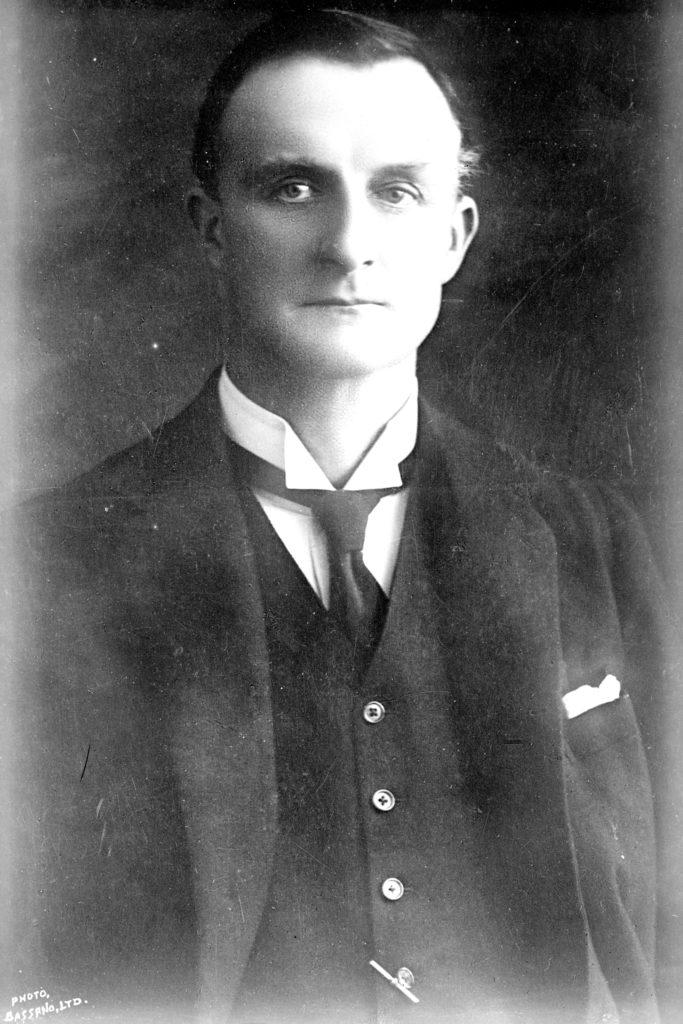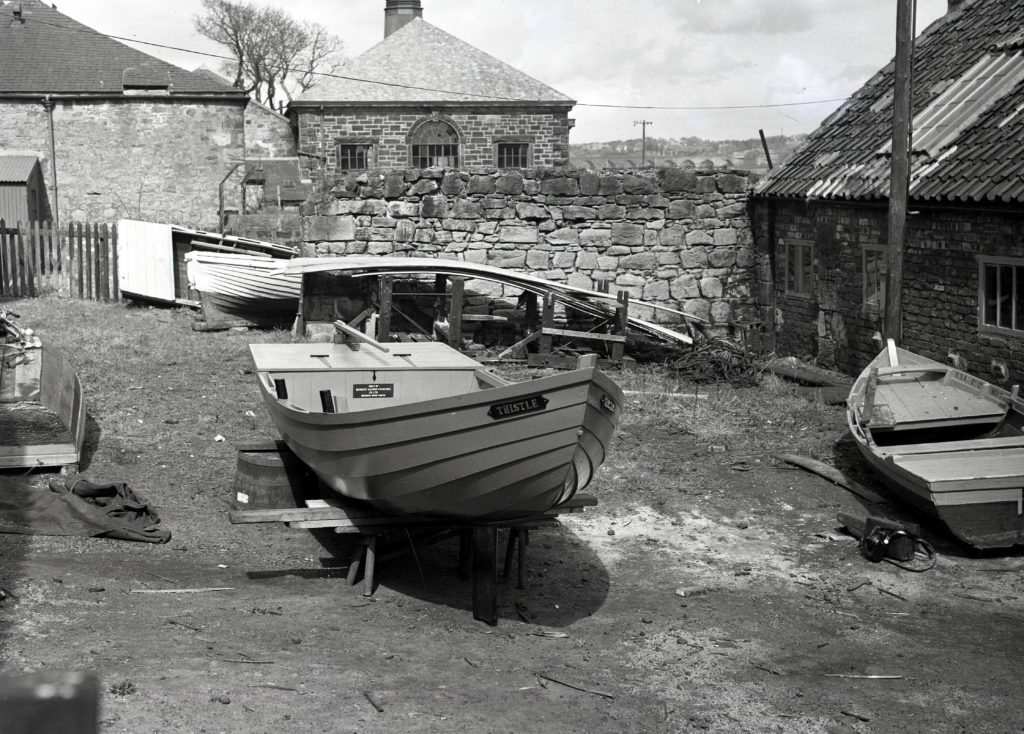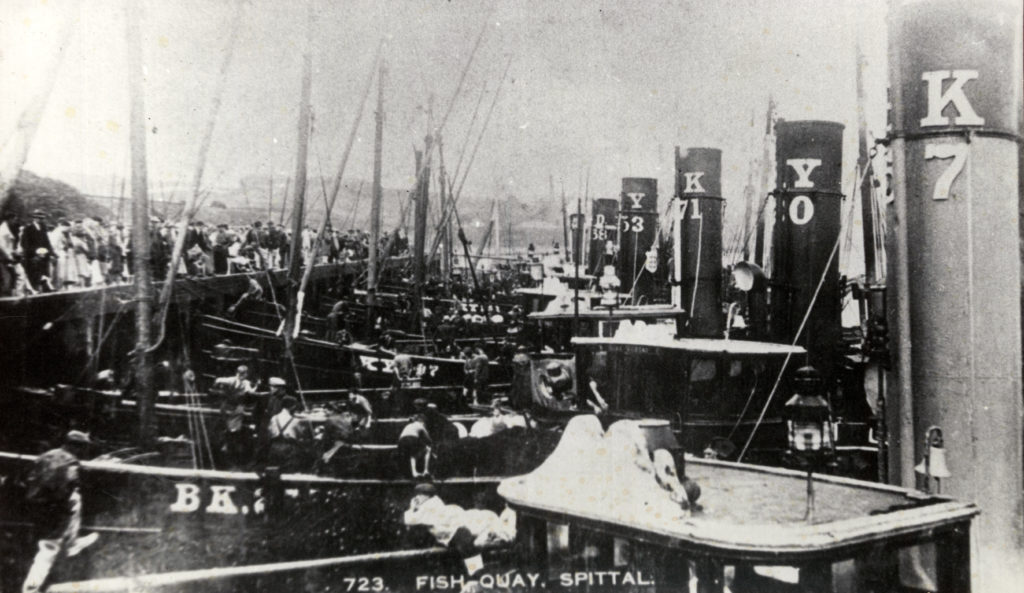BERWICK ADVERTISER, 28 JULY 1916
100 NOT OUT BERWICK LADY’S RECORD
We have pleasure in publishing today a most interesting group photo of four generations of an old Berwick family. The subject of our sketch is Mrs Jane Heslop, widow of the late Mr Thomas Heslop, who, although she has reached the 100th milestone in her life’s journey retains a mind alert and keen, though time has brought with its march bodily frailty. On Thursday she received the congratulations of a large number of friends and relatives who were mostly present in person to celebrate the unique event. We trust that Mrs Heslop will yet have years granted to her in the pleasant company of her own kith and kin.
Mrs Jane Heslop, who resides with her daughter, Mrs Chambers, 47 West Percy Street, North Shields, was widowed some 30 years ago. Her husband was Thomas Heslop, at one time employed by Messrs Cowe, grocers, High Street, Berwick, and later with the Berwick Salmon Fisheries Company, under the late Mr George Paulin. Mrs Heslop, who is now mostly confined to bed, still evinces a great interest in the progress of the war, and up to a year ago she was able to do a considerable amount of light housework. Having lived in the time of Waterloo she often speaks of the prices to which foodstuffs rose and compares the rises with those of the present time. She left Berwick about twelve years ago, going to reside wither daughter, who has given her every care and attention, and prior to her leaving the Border town she lived for many years at Well Close Square. She was the oldest member of the United Free Church, Berwick, and we understand that her minister, Rev. R. C. Inglis (who was a trusted friend of the old lady), had signified his intention of being present at the interesting celebration on Thursday. Illness was recently the misfortune of the old dame, but we are glad to learn she has now quite recovered. Mrs Heslop is a member of an old Border family of name Burns (who are believed to be of descent from Scotland’s bard), and time has proved the family to be a long lived race. Two of her nephews were well known on the Borders – Ex Provost Burns, Coldstream, and Mr Burns, Tweedmouth formerly of Greenlawalls. Her sister resides in South Shields, and is now 98 years of age. Six of a family were born to Mrs Heslop, two of whom died young. Two daughters and one son still survive, but the other, Mr Edward Heslop, a genial and respected townsman, died some six years ago.
The photo, which we publish, has the subject of our sketch as the central figure, with her daughter, Mrs Chambers, on the left, and her granddaughter, Mrs Scott, and her little great-grandson on the right.
LOCAL NEWS
Tweedmouth Feast – The anniversary of Tweedmouth Feast was celebrated on Sunday and Monday, which in ordinary times is the great day of the year. It is the time of the year when Tweedsiders from the busy hives of industry on Tyneside and Wearside, and indeed throughout the country, re-visit their old homes and have their annual re-unions. But the war has made a great change in this annual event. There has been no sports or regattas held these past two years. But for a few shows and roundabouts on the Green at Tweedmouth West End this year, no one would really know that a great anniversary was being celebrated. The holiday was observed, the shops closing at 1 o’clock, although there seemed to be a doubt whether business was to be suspended or not. The Banks did not observe the half-holiday. The weather was of a delightful character throughout.
Brilliant Success of a Spittal Schoolboy – The report of the results of the recent Scholarship Examination for the County of Northumberland sates that 1196 candidates were examined from 192 schools. The names of the first ten successful pupils are arranged in order of merit. We congratulate John Cringle, of Spittal Council School, whose name stands third on the list. Such a high position out of nearly twelve hundred candidates reflects great credit on the Borough. Mr T. W. G. Borthwick, the headmaster, has good reason to feel proud of Spittal Council School, and the brilliant success of his pupil. Last year Spittal school took first, second, and fifth places in order of merit among the local candidates.
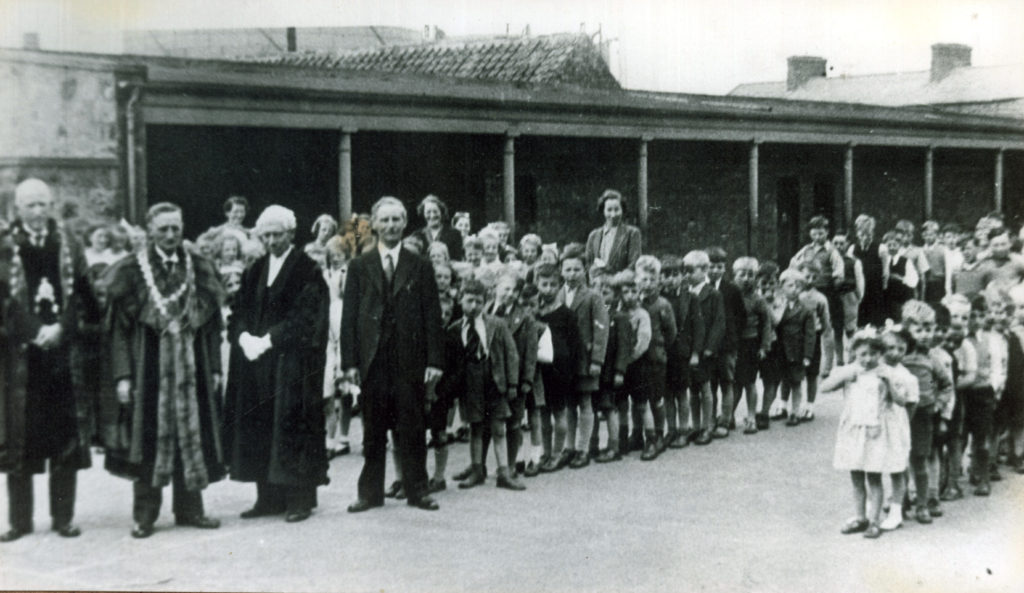
THUNDERSTORM IN BERWICK
HIGH STREET HOUSE STRUCK BY LIGHTNING
A severe thunderstorm, accompanied by vivid flashes of lightning, passed over Berwick on Thursday evening. At the back of six o’clock the storm seemed to be at its height and at 6.20 the thunder and lightning were particularly impressive and awesome. A ball of fire exploded, accompanied with a deafening report, at this time, the lightning striking a chimney top of the tenement in the High Street occupied by Messrs John Stodart, grocers and wine merchants. The top of the chimney top was completely shattered, the debris flying over the roof of the adjacent higher tenement which enters Golden Square. Torrential rain afterwards fell, and the storm seemed to gradually moderate.
